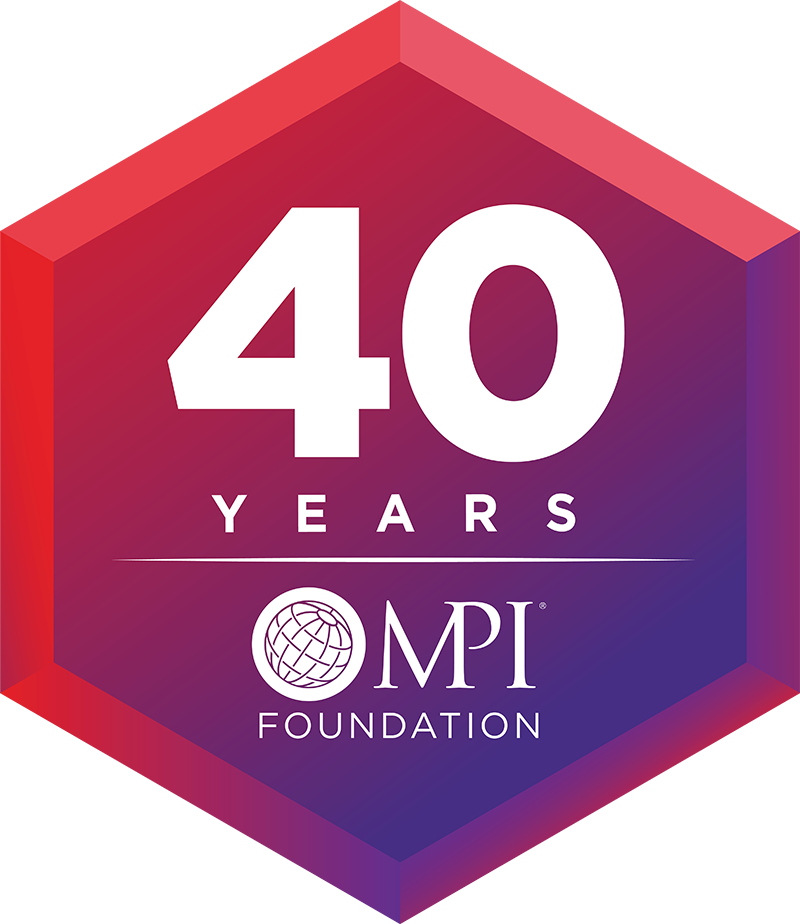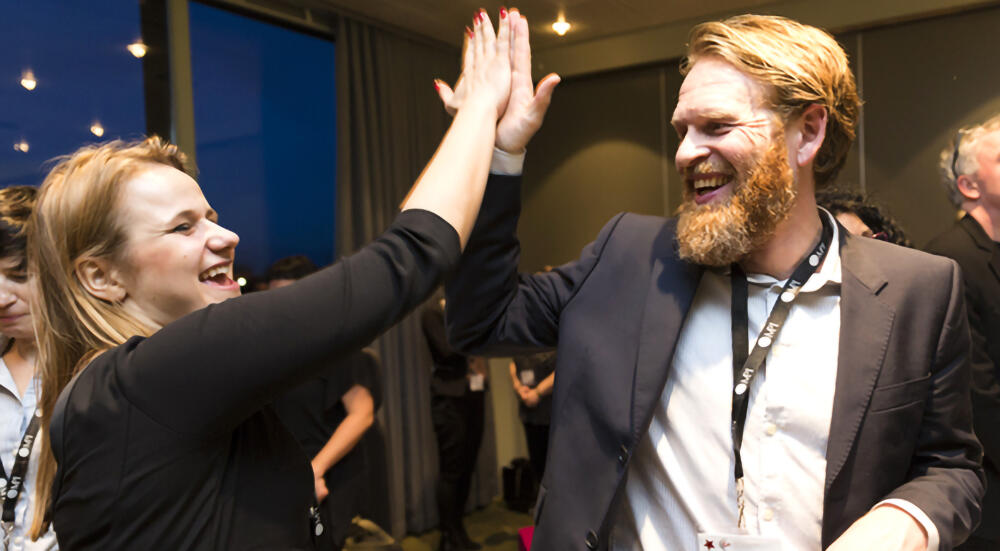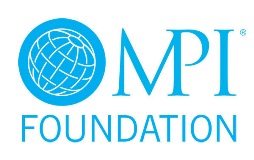Thirty-two people died and more than 300 were injured when ISIS targeted Brussels Airport and Maalbeek metro station with nail bombs in March, 2016. The terrorist attacks were the deadliest in the country’s history.
Terrorists aim to wreak havoc—and wreaking havoc on the economy is part of the game plan; the fear that the physical attack instills in people visiting a place afterward is as important to the terrorist’s agenda as the act itself. Because the meeting industry makes so much money, it’s inevitably one of the key economic casualties following an act of terrorism. But, meeting industry leaders say that doesn’t have to be the case.
Pieter Allaerts, director of sales and marketing at Dolce La Hulpe Brussels and a former president of the MPI Belgium Chapter, says the most obvious financial impact of the attacks on his country was the closure of the airport, which sees 21 million visitors pass through each year.
“This had a major impact on inbound flights,” he says, noting that Belgium did a good job of keeping smaller regional airports open. But the economic impact, Allaerts says, will likely be felt in all sectors—hotels, conference centers, restaurants. And it didn’t only affect Brussels, but the entire country.
He says companies that had scheduled meetings and events resorted to teleconferencing instead of meeting face to face, but that this is not an adequate proxy.
“It sends out the wrong message. Meeting face to face will always have a bigger impact,” Allaerts says. “And MPI, as well as other organizations and associations, works hard to send out a message that people should continue to travel to Belgium.”
He says even the country’s own MPI event celebrating Global Meetings Industry Day (GMID) in April was in doubt; organizers felt they couldn’t take the financial risk of letting it go ahead, fearing delegates would stay away. But the MPI Foundation stepped in with financial help and publicity, and the event went ahead and ended up being a great success.
“This was a great message,” Allaerts says. “One that said Belgium was safe.”
It also sent a message to terrorists that their tactics don’t work.
“Of course, the safety of participants comes first, and inevitably extra measures have to be put in place—but it’s important to remain positive and [show] that meetings continue happening.”
Fiona Pelham, managing director for Sustainable Events Ltd., agrees that canceling the MPI Belgium Chapter’s GMID event wasn’t the answer. “The MPI Foundation immediately reacted to support the local chapter so that it could go ahead,” she says. "Our Foundation sent money to help offset canceled ticket costs because we are a global association and look out for our members anywhere. If we stop coming together we’ve got no chance. We need to keep meeting and champion our community, our profession and what we do."
Professor Michael Czinkota teaches international business and trade at Georgetown University in Washington, D.C., and is an expert in the impact of terrorism on international business. He says most terrorists want to disappear after they’ve committed their acts of violence and made everyone’s lives more difficult.
“But that’s precisely the time when you should realize how slim the odds are stacked against you,” he says. “These face-to-face meetings are vital for interaction—to see the body language of the person you’re meeting with, their reactions and the type of language used. It makes a world of difference.”









